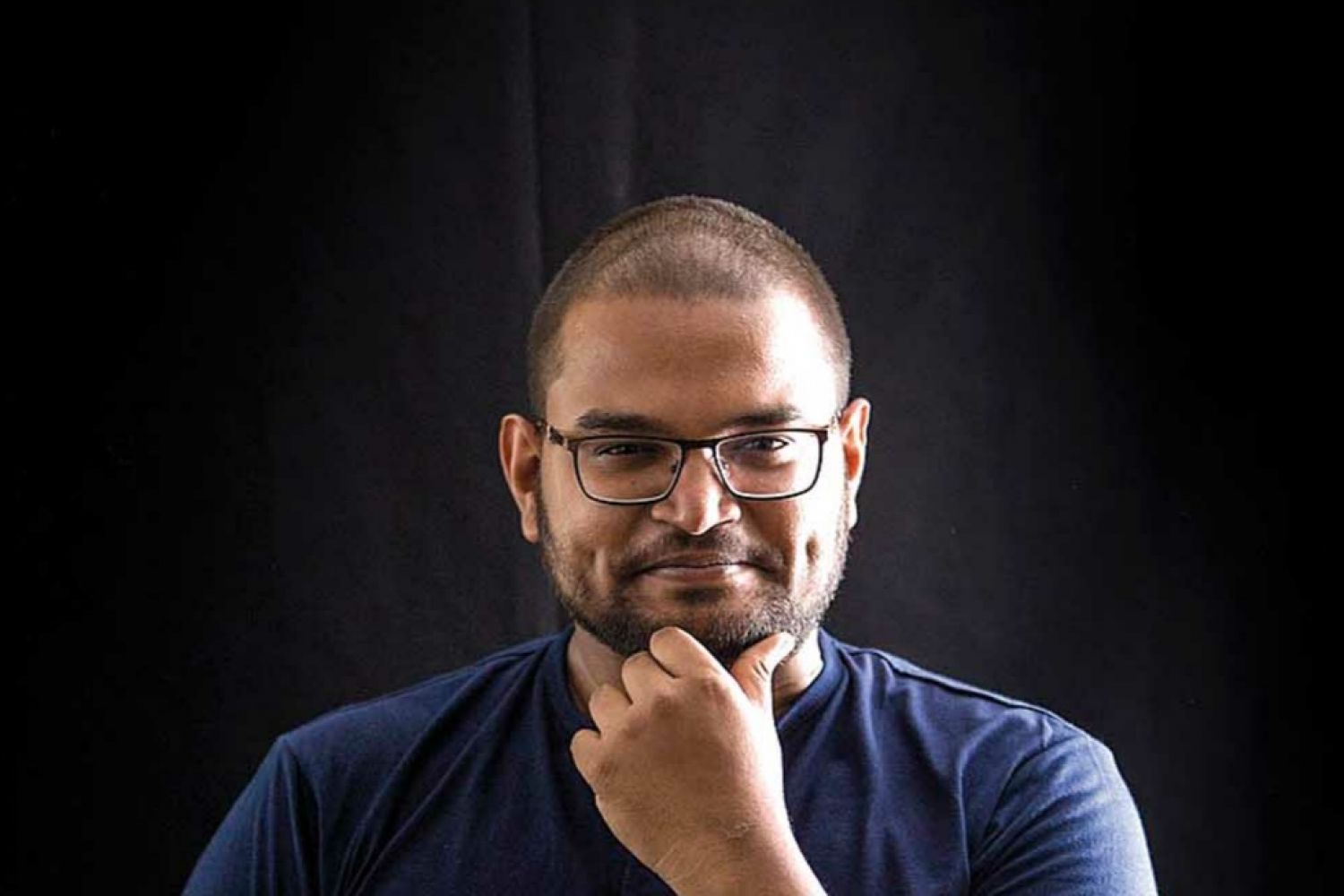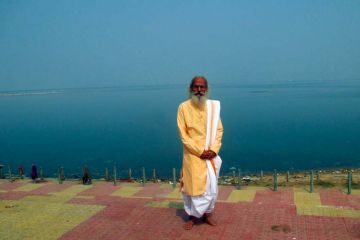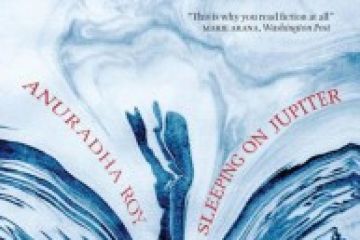
As part of a new wave of science fiction emerging in South
Asia over the last few years, the Sri Lankan author Yudhanjaya Wijeratne made a
splash with his debut novel Numbercaste—the story of a near-future where
social influence can be quantified by a number.
In 2018, the short story Messenger, co-written with
R. R. Virdi, was nominated for the prestigious Nebula awards, making him the
second Sri Lankan after Arthur C. Clarke to be nominated for the award.
Wijeratne has since then





